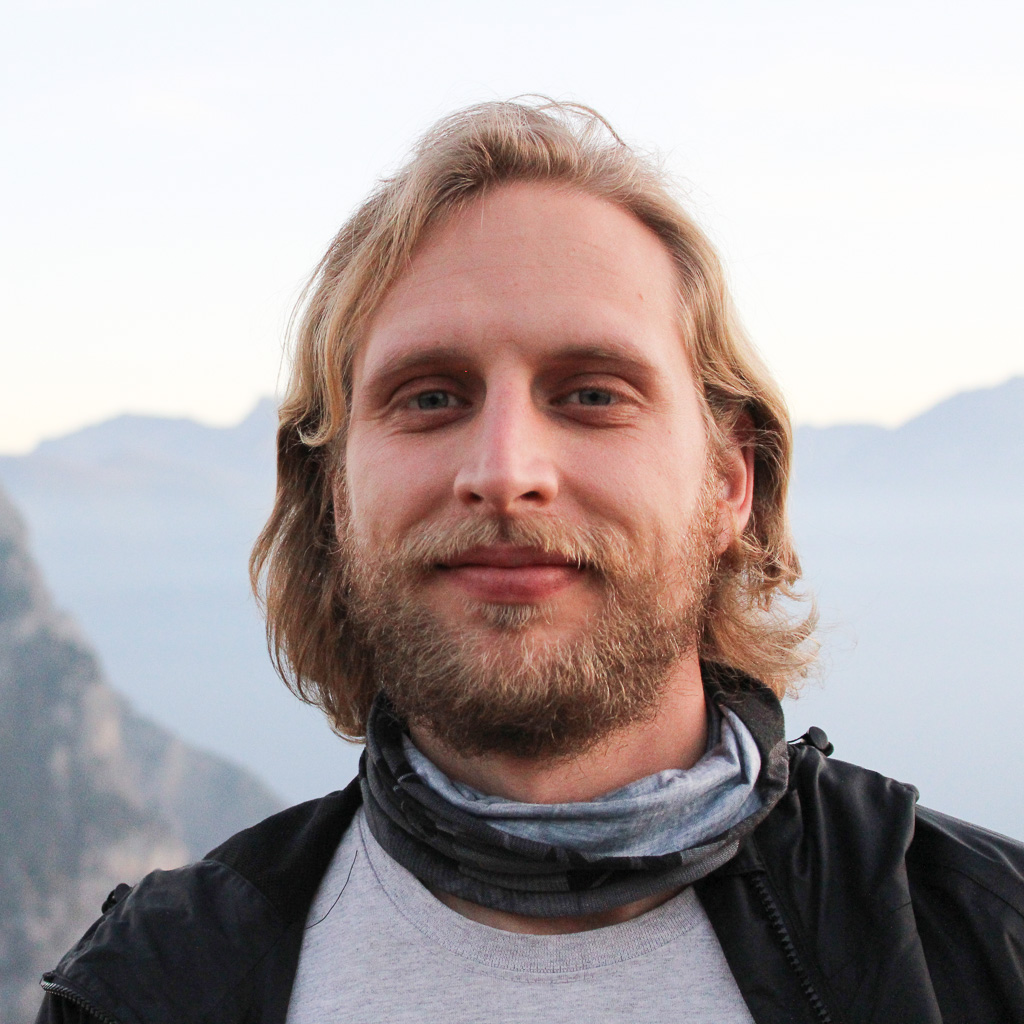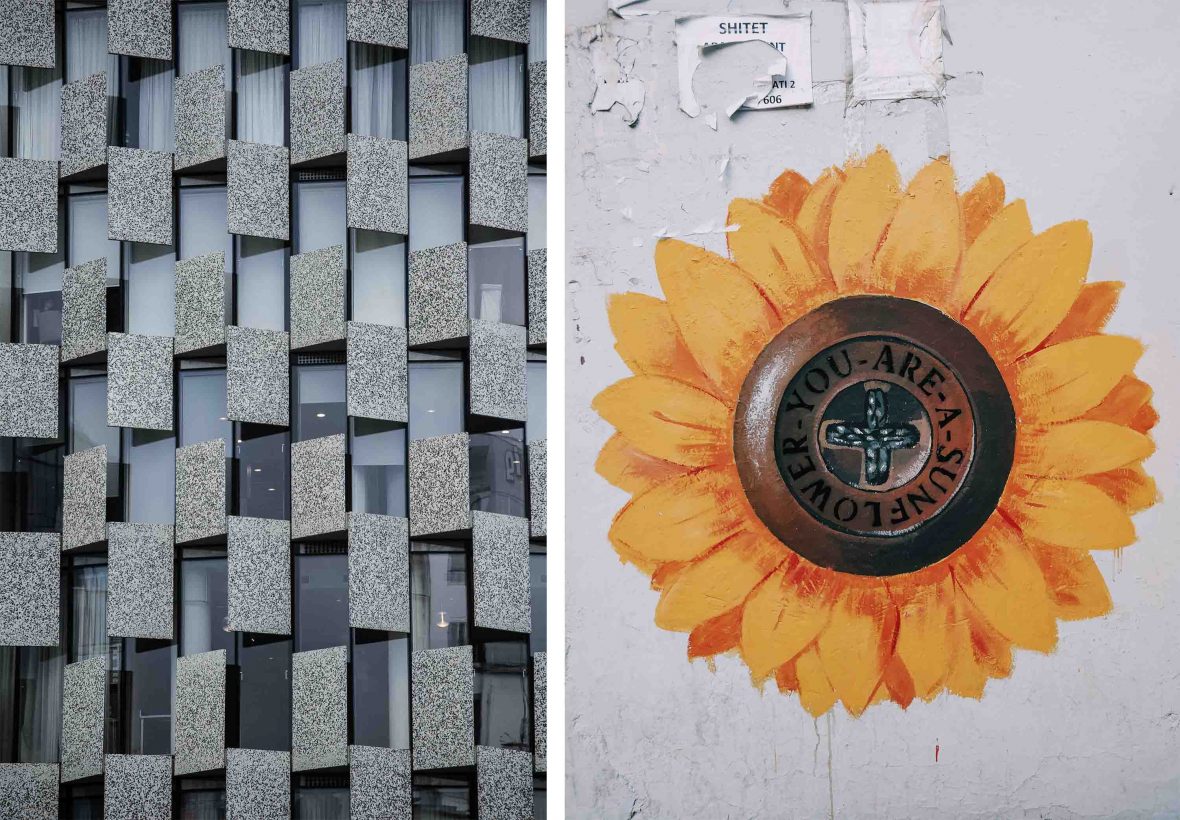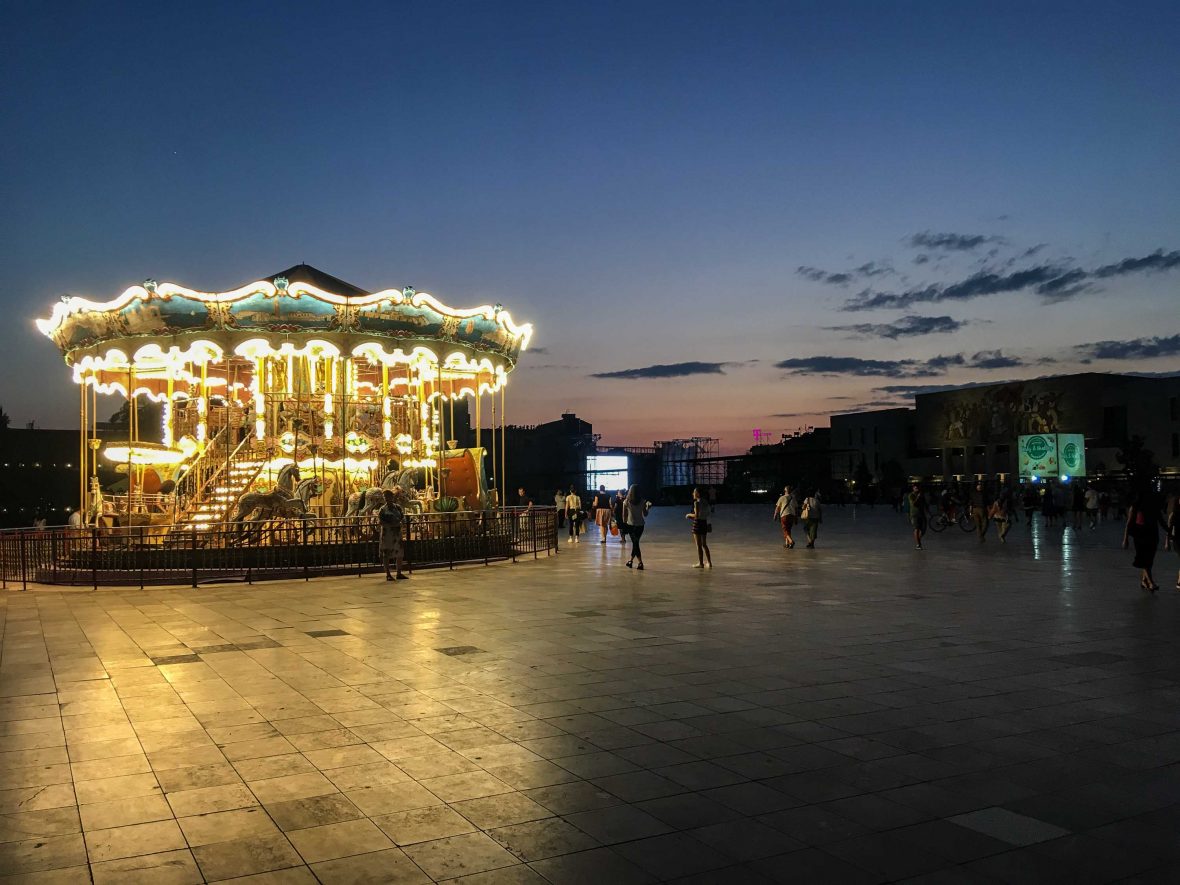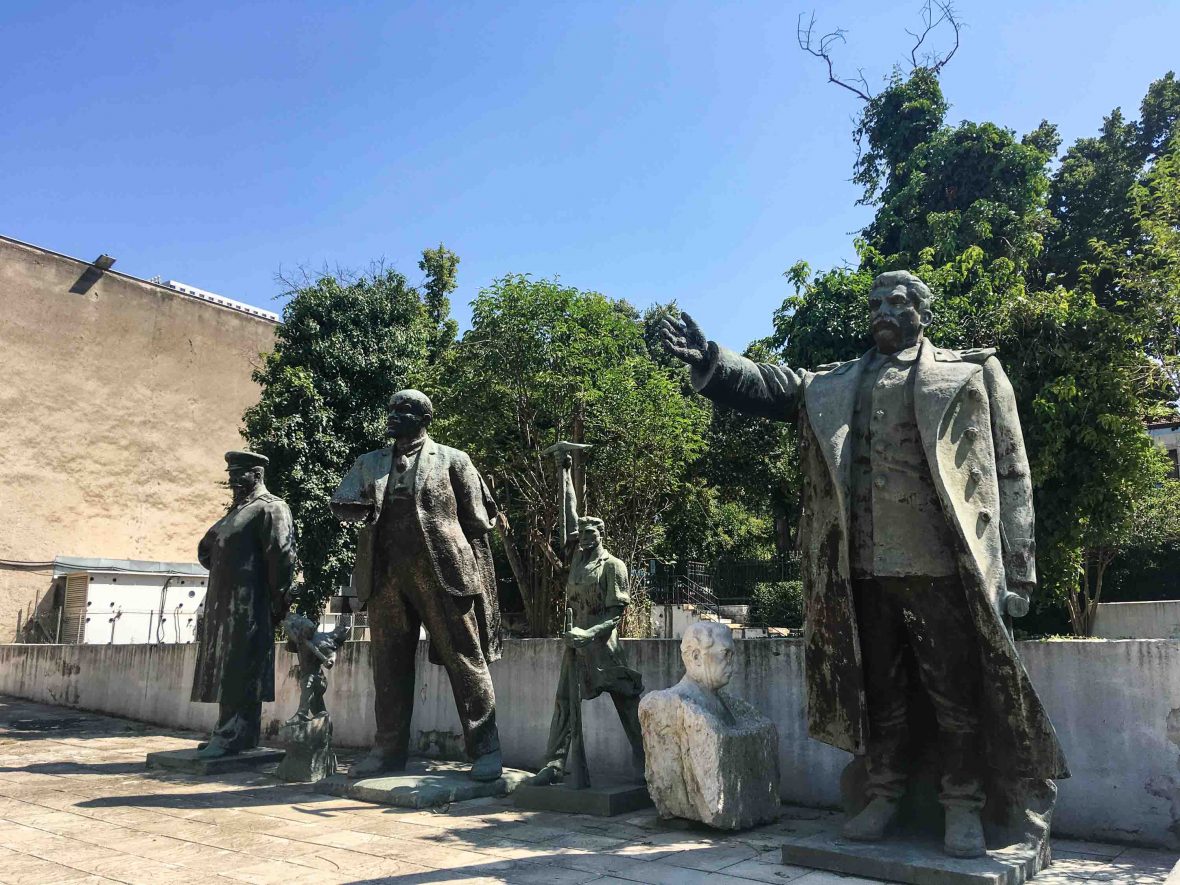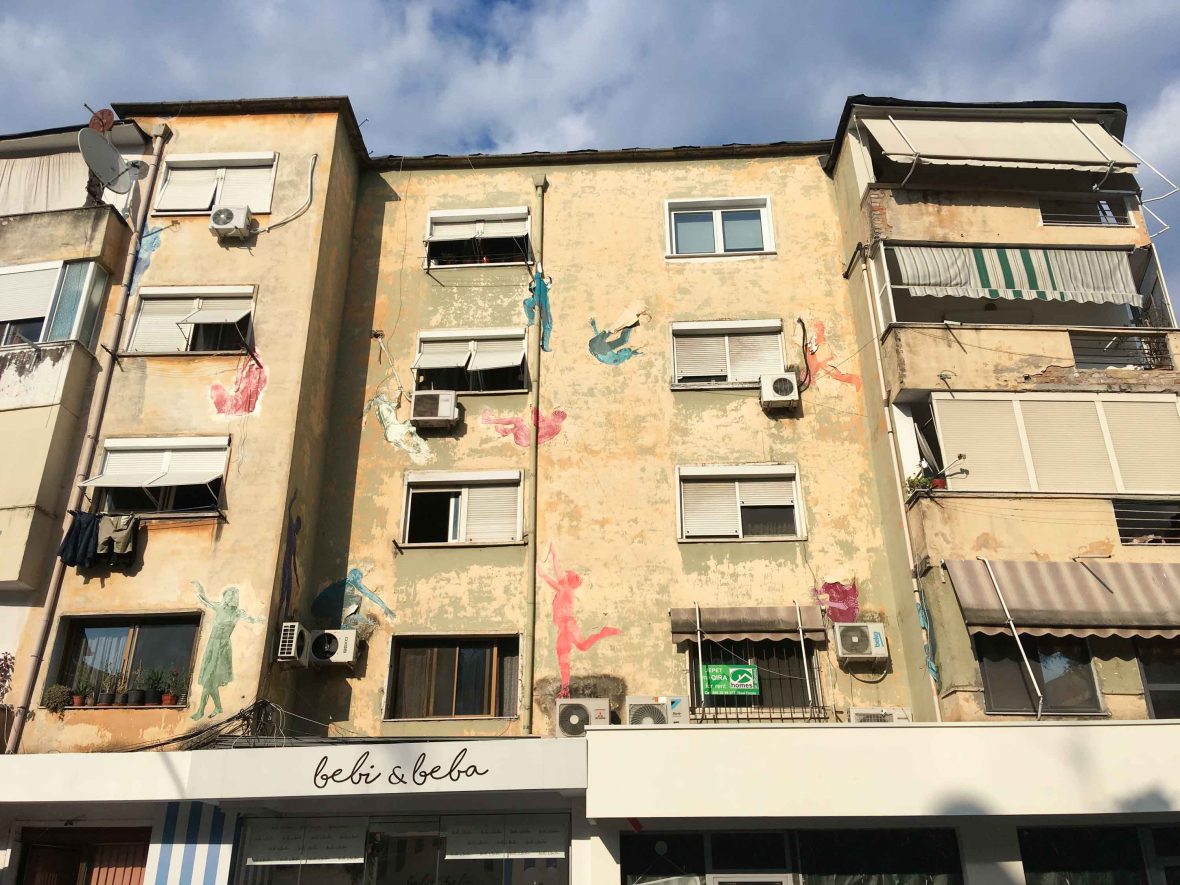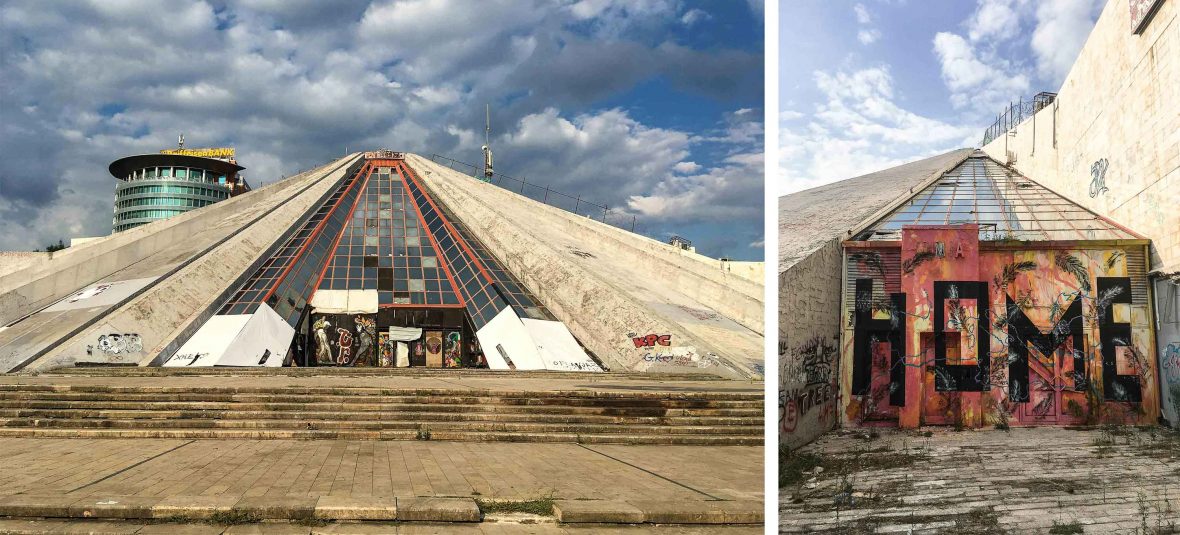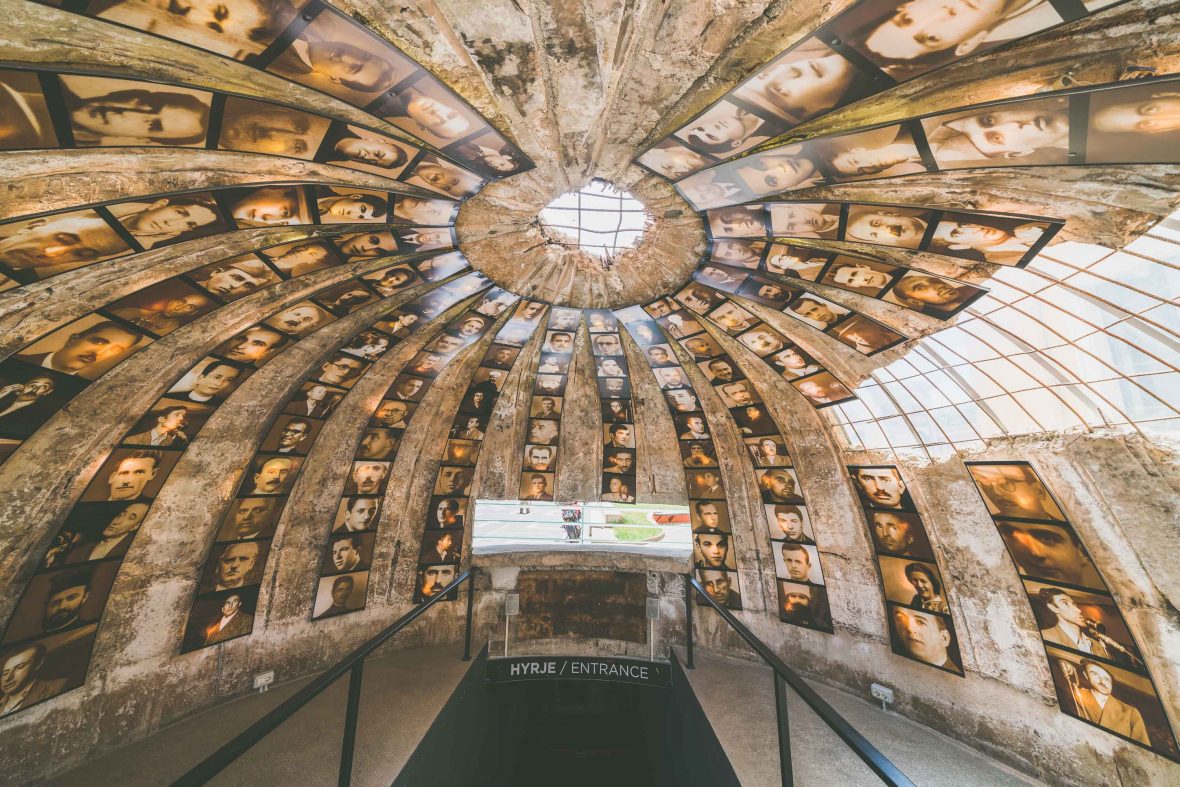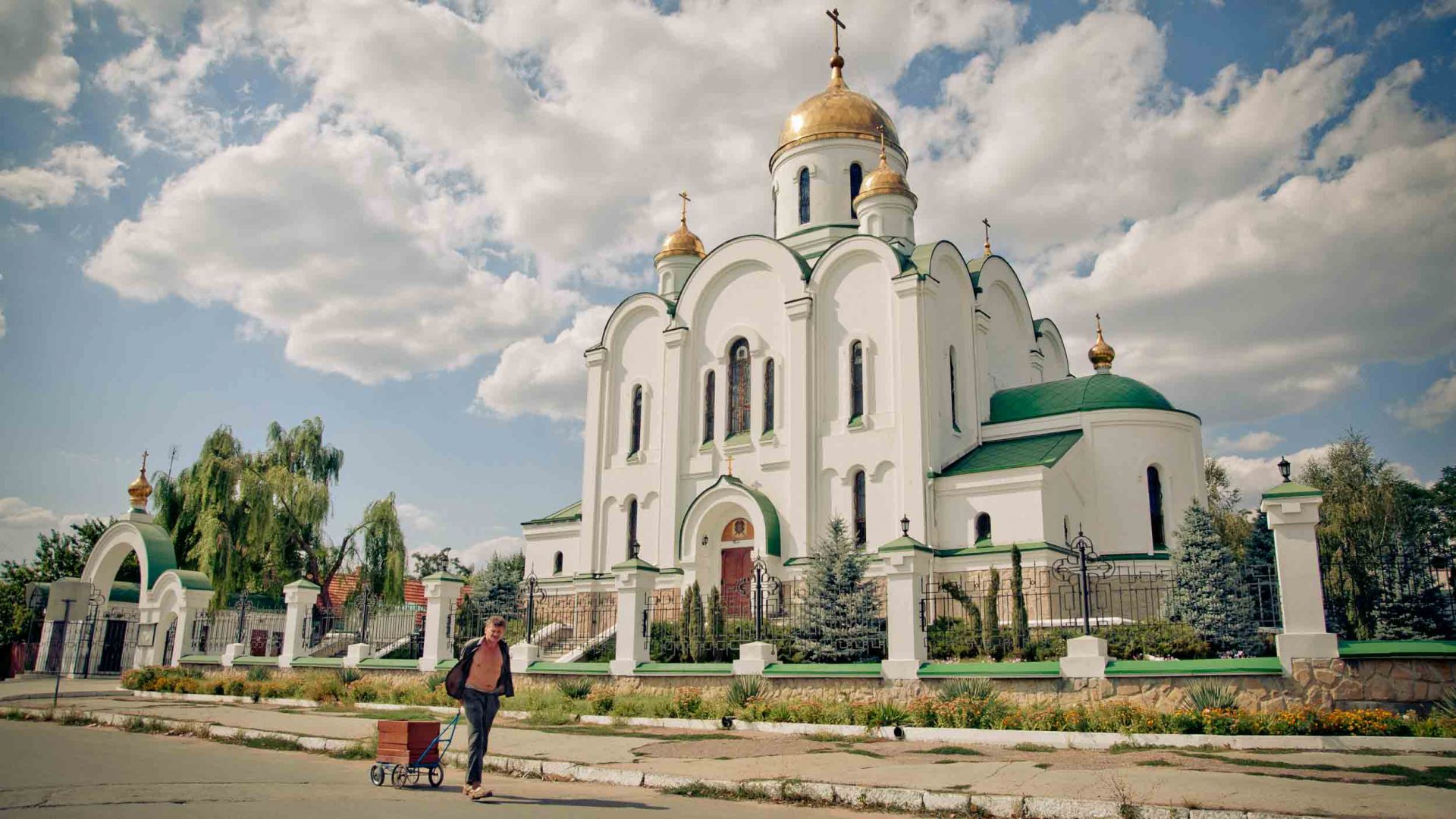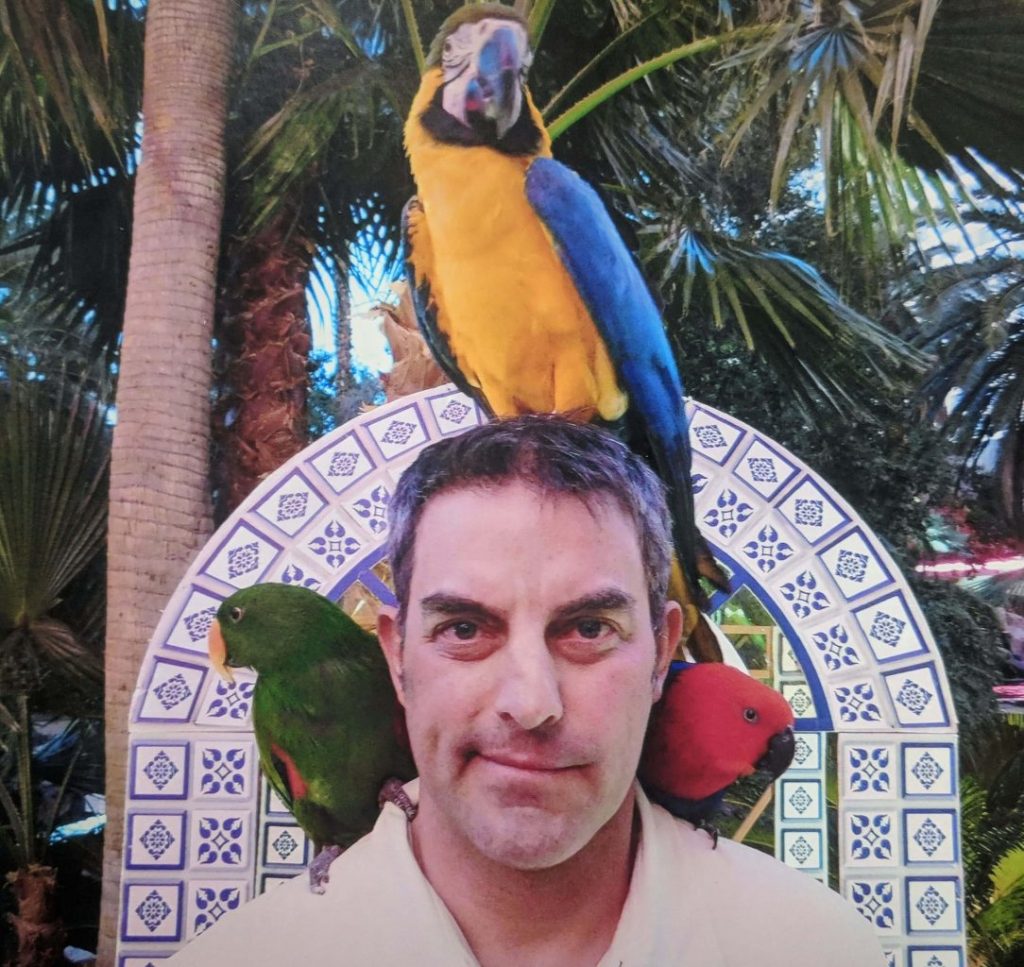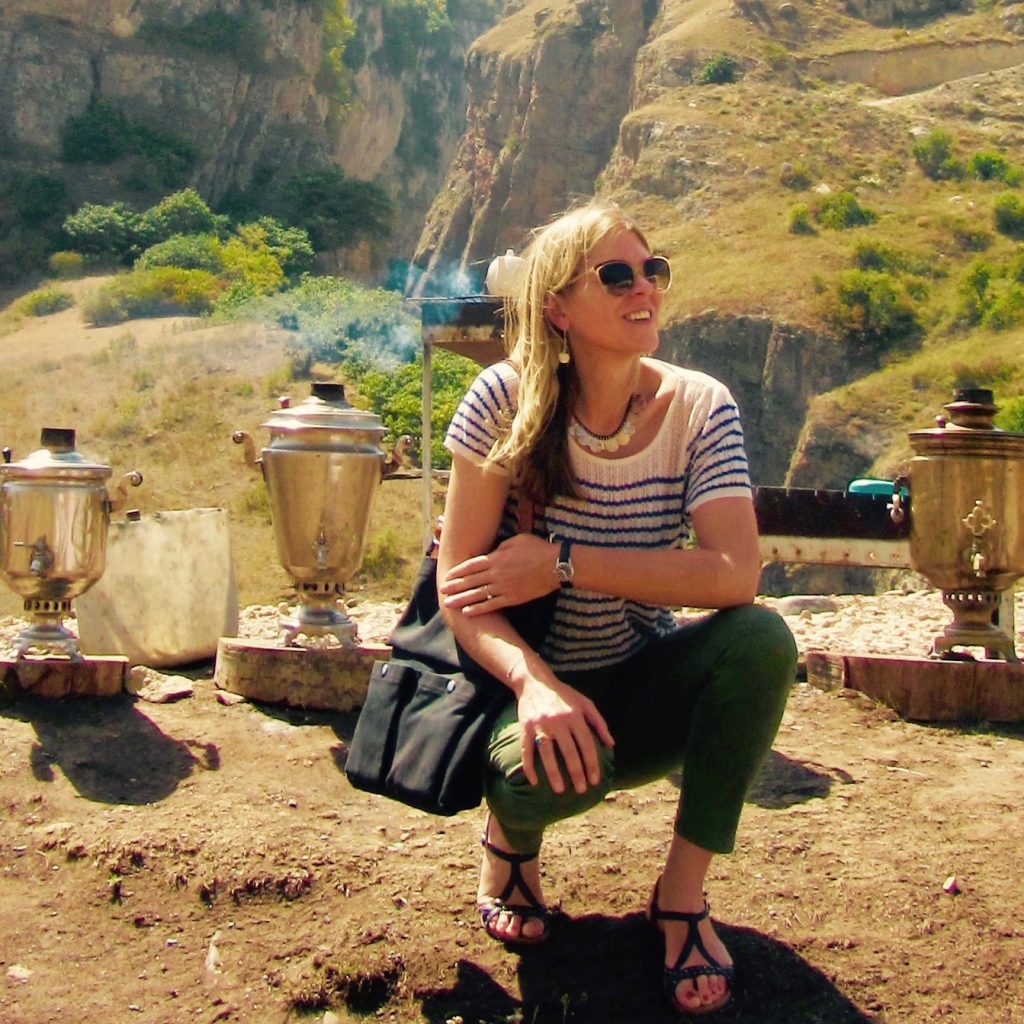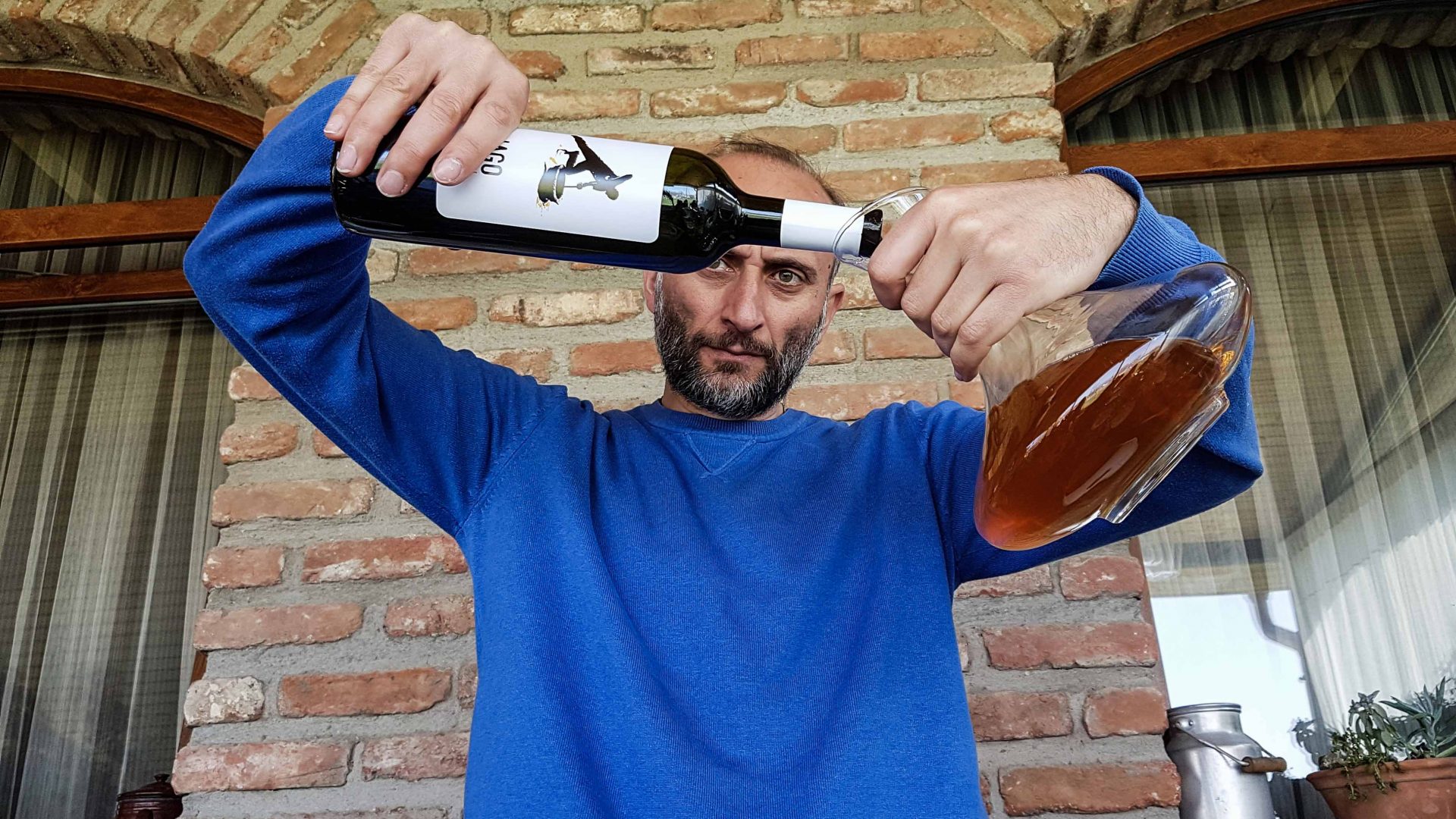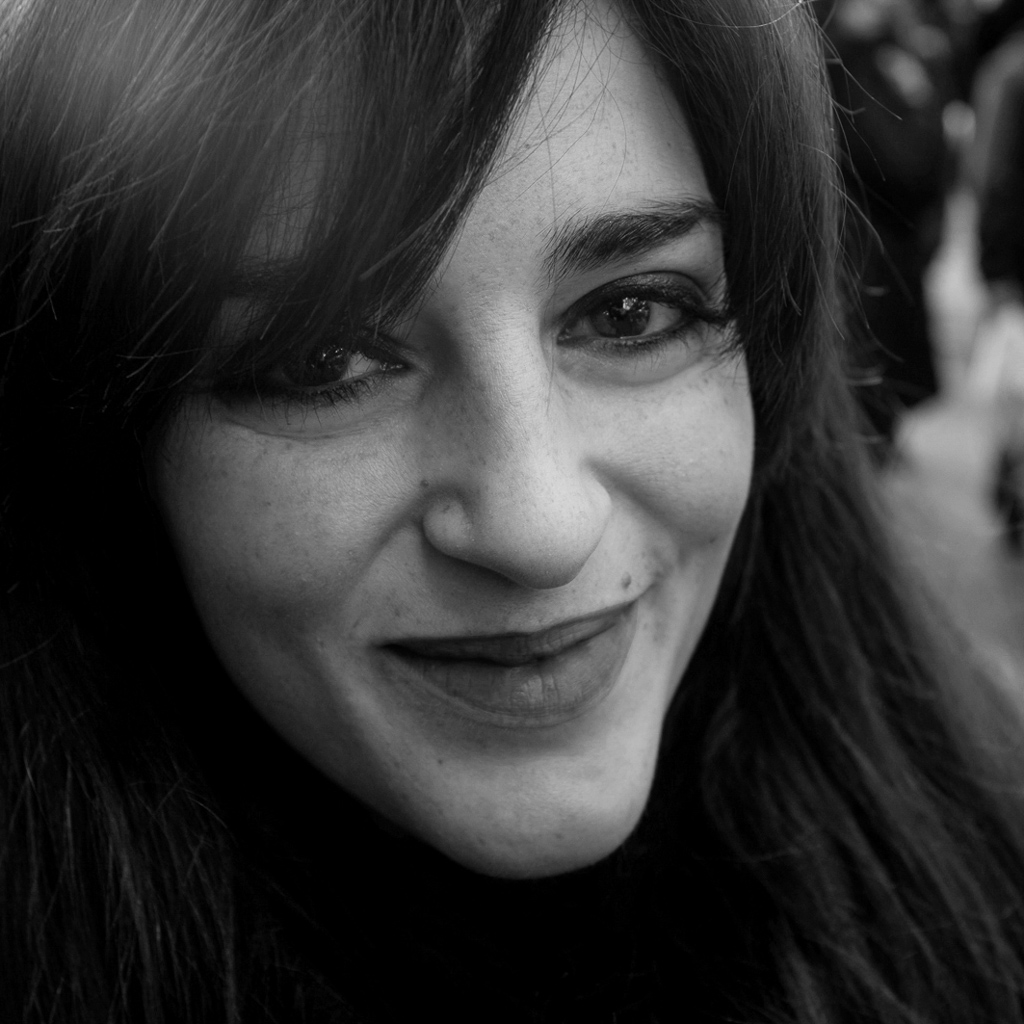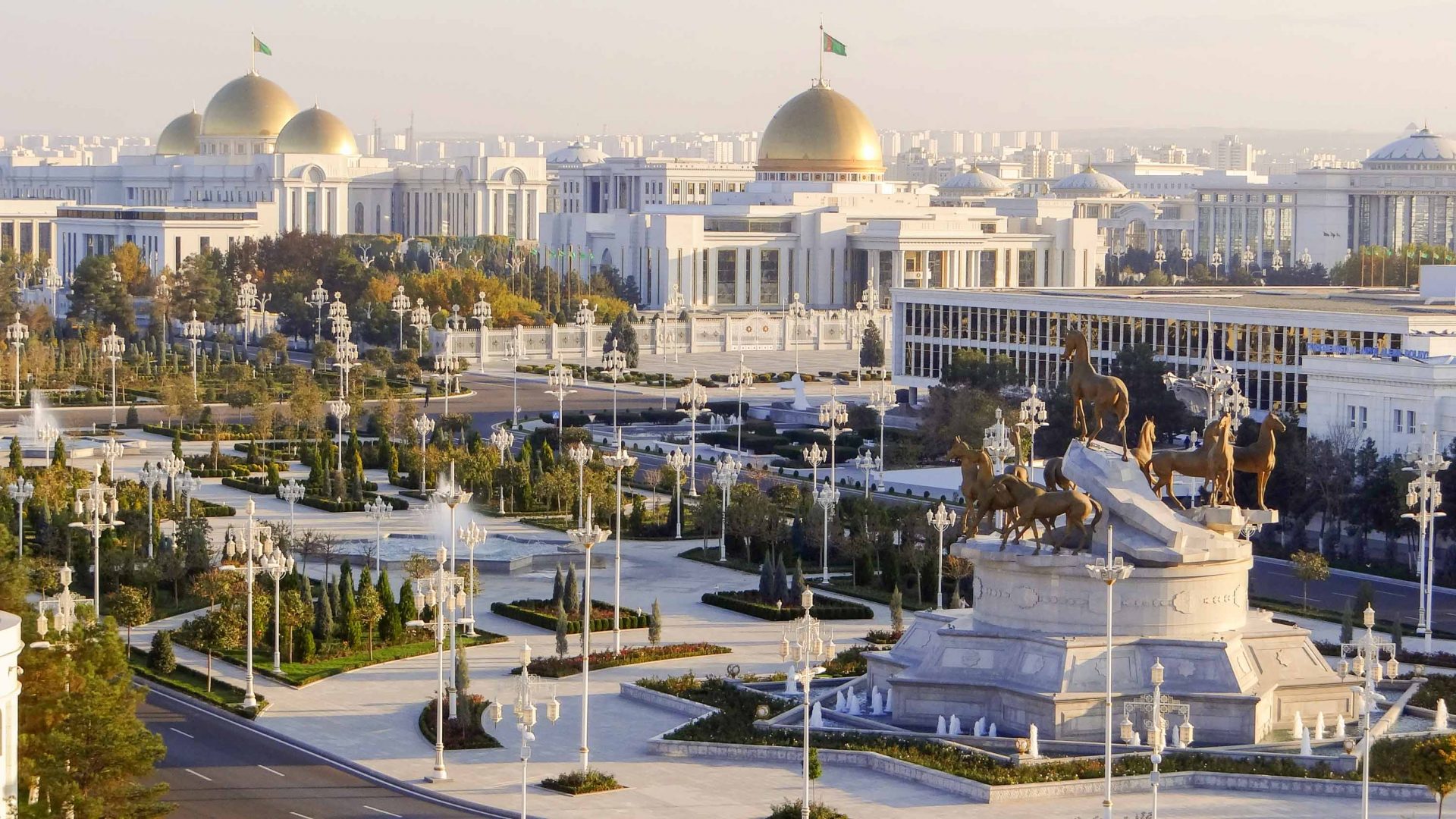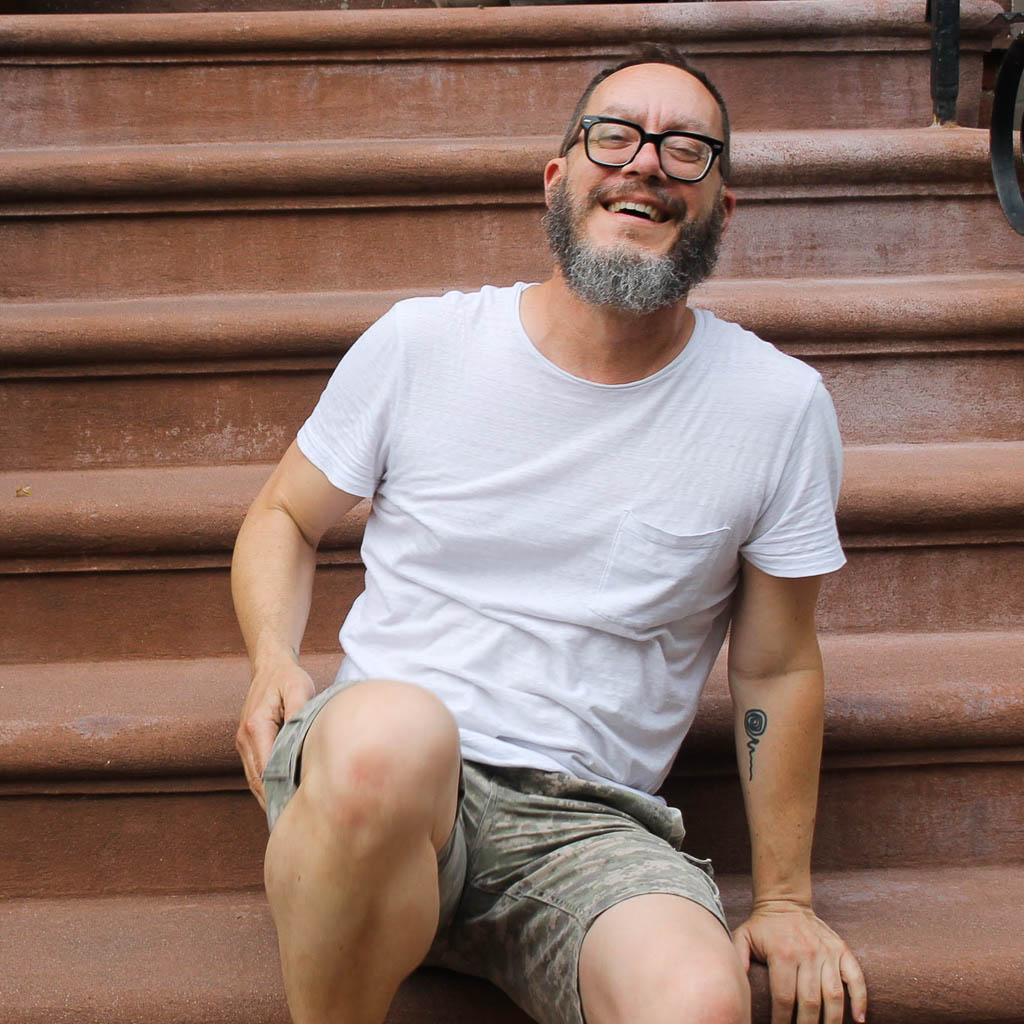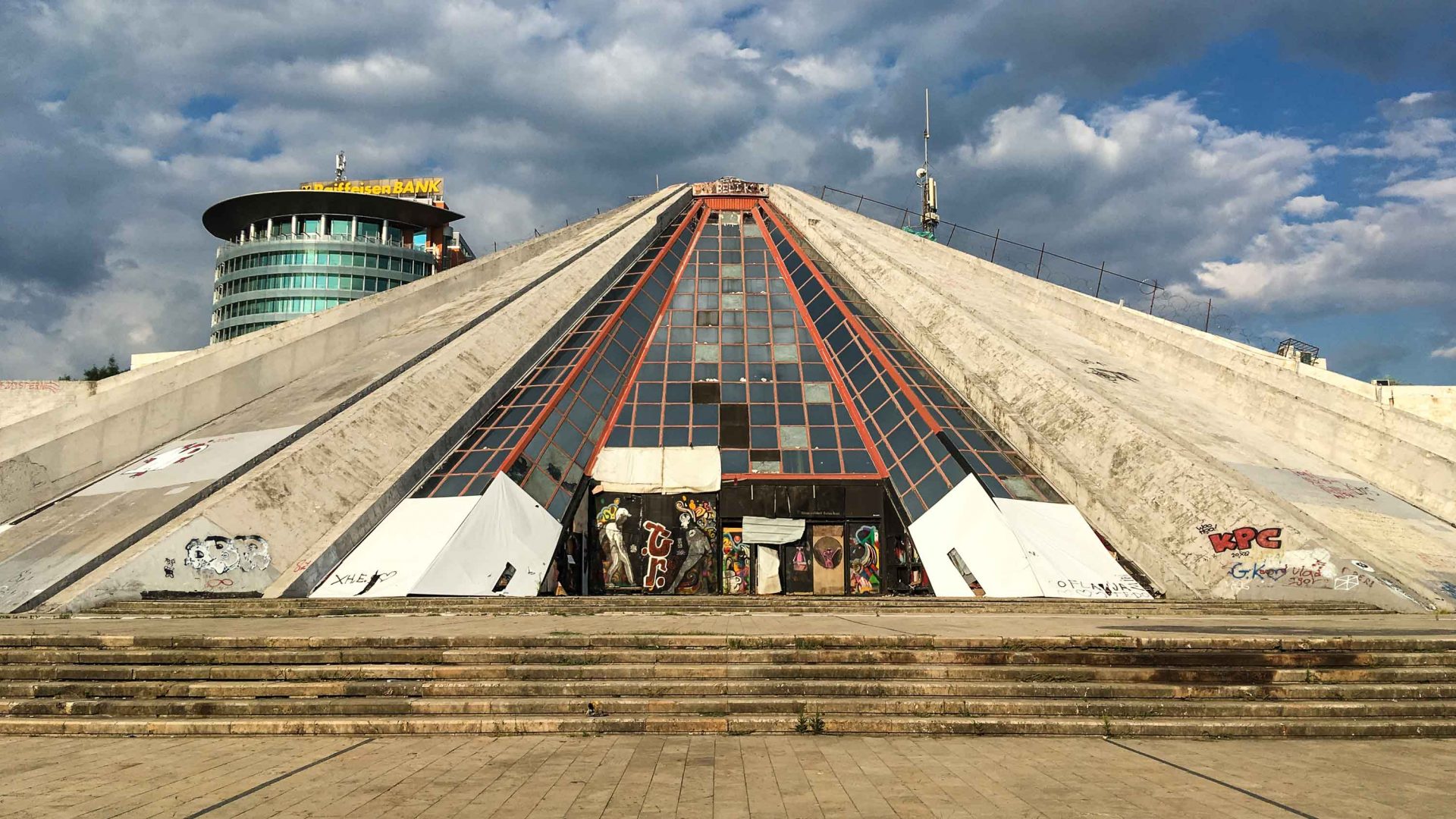
Emerging from its Communist past, the Albanian capital of Tirana is one of Europe’s least known. Joey Tyson takes a stroll with a guide who’s looking forward to his country’s future.
“I was late for school and I remember worrying about the trouble I’d be in,” recounts Gazi Sadiku, as we stroll through a small square, where a group of old men are playing dominoes beneath the shade of a tree nearby. Instead of punishment, he found his teacher and fellow pupils huddled around the radio in hysterics. It was 1985; Enver Hoxha had died.
From the end of WWII to the time of his death, Hoxha ruled over Albania; a reign largely known for its oppressive cruelty and human rights abuses. Under self-imposed isolation, the country was cut off from the rest of Europe—it was a situation comparable today with North Korea. Only in the last 30 years has this tiny Balkan nation begun to shake off its terrible past.
As we walk between the remnants of the city’s castle and a gleaming new shopping mall, I ask Gazi about the similarities between his country and the world’s most notorious secret state. He describes watching the news when Kim Jong-Il died in 2011: The images of hysterical women pulling out their hair, mass displays of grief, and throngs of people in mourning. “It was just like Albania when Hoxha died,” he says.
